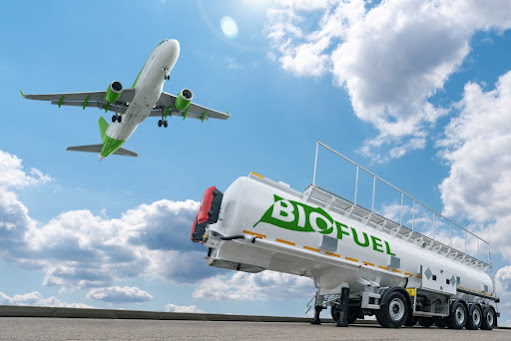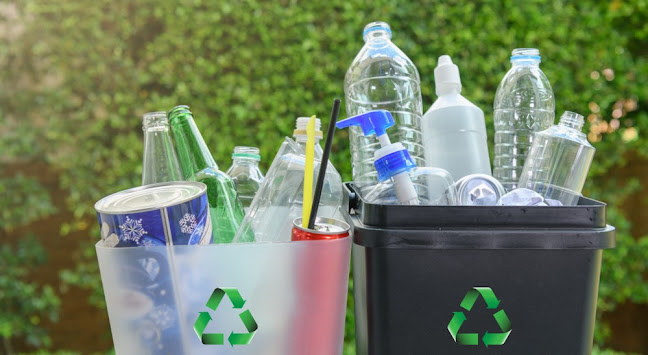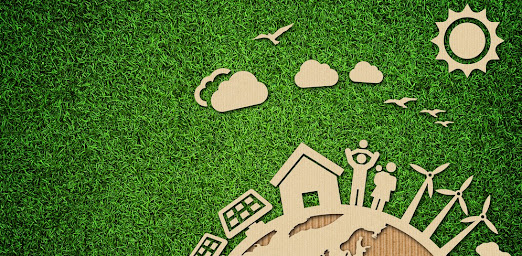
Best Practices for Sustainable Air Travel Airlines are the largest carbon contributor for meetings and events. It is estimated that they are responsible for 85% of your carbon footprint. Therefore, reducing carbon emissions while flying is important for minimizing the impact of air travel on the environment. Although flying is generally a significant source of emissions, there are some best practices your attendees can follow to mitigate your carbon footprint when traveling: Promote Attendees to Choose Direct Flights : Non-stop flights produce fewer emissions than connecting flights because takeoffs and landings are the most fuel-intensive phases of a flight. Ask People to Fly Economy Class : Flying in economy class allows for more passengers per flight, which distributes emissions among more people, making it a relatively more sustainable option compared to premium classes. Give information to Attendees on what Airlines have Modern Aircrafts :...



